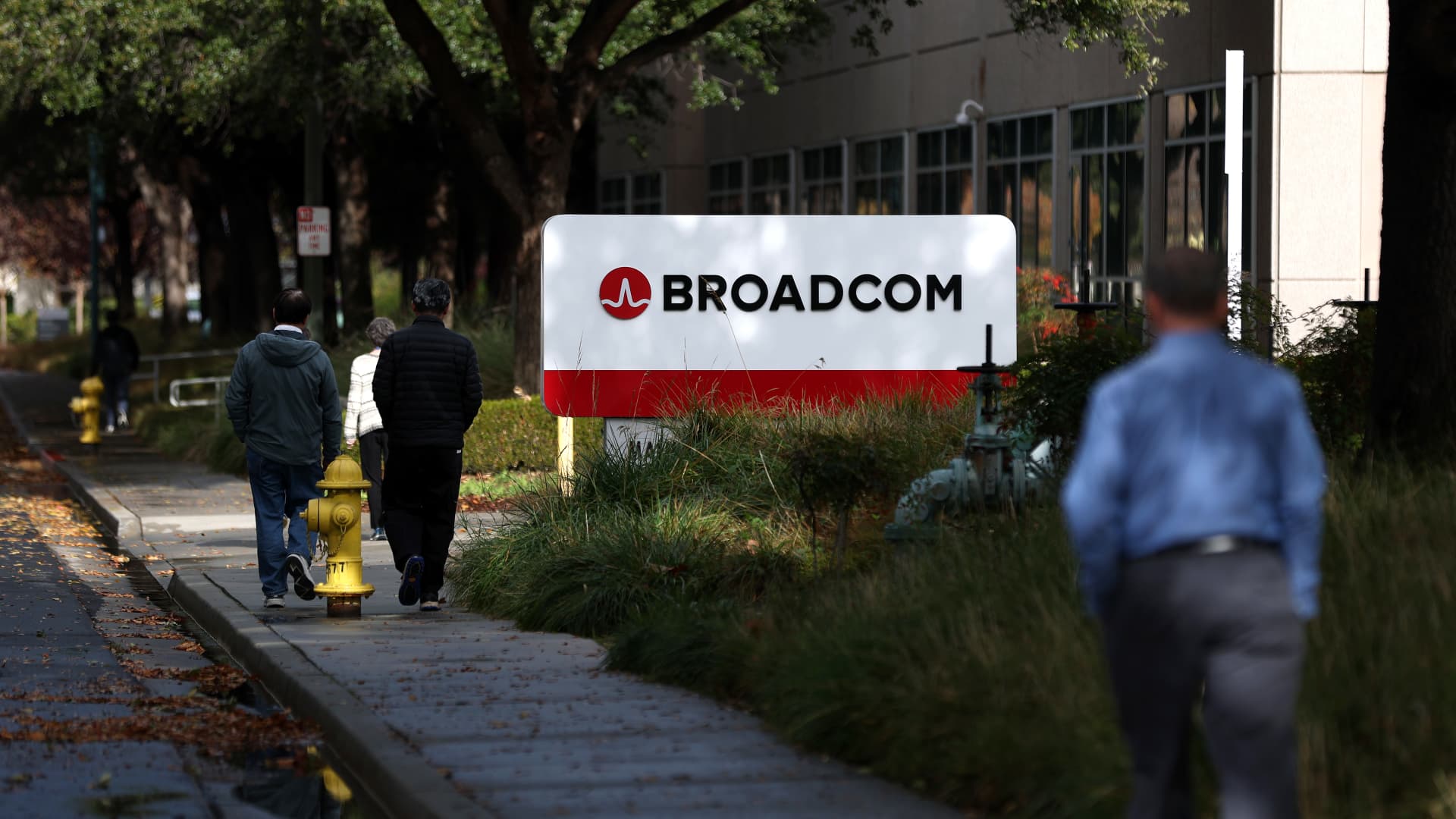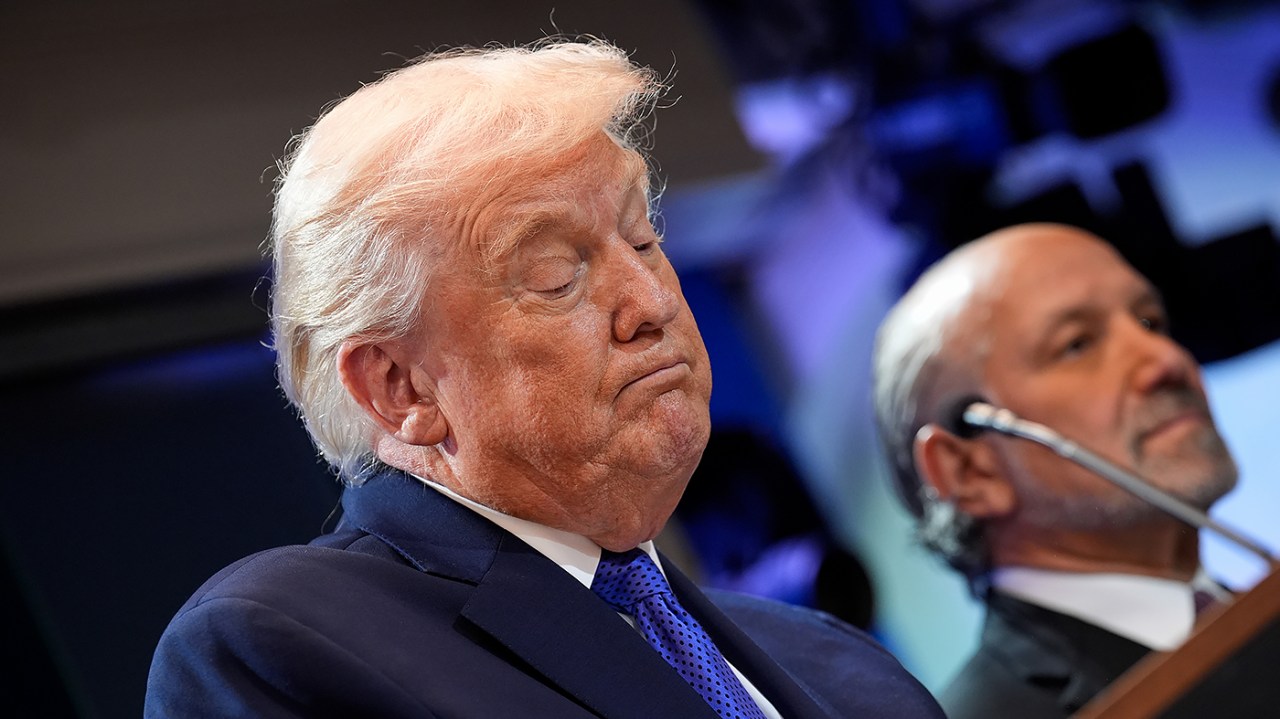Small business owners’ optimism declined by 2 points in September but remained above the 52-year average, the National Federation of Independent Business said Tuesday (Oct. 14).
The decline took the NFIB Small Business Optimism Index to 98.8, a figure that was still above the survey’s 52-year average of 98, the organization said in a press release.
Small business owners reported facing growing challenges in the areas of supply chain and inflation, according to the release. The share of owners who said supply chain disruptions were affecting their business rose 10 points to 64%, while the share who said higher input costs was the single most important problem in operating their business rose 3 points to 14%.
The survey found improvements in other areas, with the percentage of small business owners citing labor quality as their most important problem dropping 3 points to 18% and the percentage viewing their current inventory stocks as “too low” falling 7 points.
In addition, the net percentage of small business owners reporting higher profits reached its highest level since December 2021, per the release. The net percentage of owners reporting higher versus lower profits increased by 3 points.
“While most owners evaluate their own business as currently healthy, they are having to manage rising inflationary pressures, slower sales expectations and ongoing labor market challenges,” NFIB Chief Economist Bill Dunkelberg said in the release.
Advertisement: Scroll to Continue
The PYMNTS Intelligence report “Main Street SMB Confidence Rises While Cash Flow Strain Lingers” found that optimism across all small and medium-sized businesses (SMBs) is at a record high, with more than 8 in 10 businesses confident in their survival over the next two years.
The report found that among micro SMBs, the most-cited positive factor driving their improvement in confidence was stronger customer demand.
S&P Global said Sept. 23 that in September, sentiment in the service sector reached the highest level since May, while that in the manufacturing sector was the highest in three months.
“While growth expectations across both manufacturing and services also continue to be dogged by concerns over the political environment, and especially tariffs, September encouragingly saw business sentiment improve in part due to the anticipated beneficial impact of lower interest rates,” Chris Williamson, chief business economist at S&P Global Market Intelligence, said in a Sept. 23 press release.









